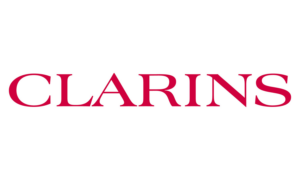With under 5% of the country having any degree of fluency in English, having a Chinese brand name is crucial for any brand entering the market. The Chinese brand name is a consumer’s first impression of a brand, makes the brand easier to remember and share with peers, and easier to search for on e-commerce platforms. However, without the aid of a native speaking branding consultants, brand naming in China is notoriously challenging.
Daxue Consulting offers the following naming services: brand naming, product naming, corporate naming, re-naming, brand architecture, packaging copy, and tagline creation. When choosing a Chinese brand name, we abide by seven criteria: appearance, breadth, distinctiveness, semantic value, pronunciation, strategic impact, and sound.
How we can help you find a brand name in China
Research
During the kickoff meeting, our team will seek to understand your brand through a series of pre-defined questions on brand identity.
Analyze
We benchmark competitors and your target consumer group.
Detect
Our consultants will identify your company value proposition and find the most accurate way to convey it to Chinese speakers.
Brainstorm
We will generate as many keywords relates to your products, history, purpose, vision, and values as possible.
List
Our team will gather and sort a list of at least 50 possible names for cross-checking them against your brand positioning.
Check
We will make sure your new name does not sound odd/offensive in other Chinese dialects and that it is not legally taken.
When to opt for brand naming services
Brand naming is essential in China to establish a memorable brand identity that resonates with the target audience. A well-crafted brand name communicates the brand’s values and differentiation, attracting attention and setting it apart from competitors. Cultural nuances, local language, and consumer preferences in China should be considered when developing a brand name.
Opting for brand naming consulting ensures a compelling brand name that enhances recognition, recall, and customer engagement in the dynamic Chinese market.
Contact our branding strategy team at dx@daxueconsulting.com to set up an informational call on our Chinese brand naming services.













